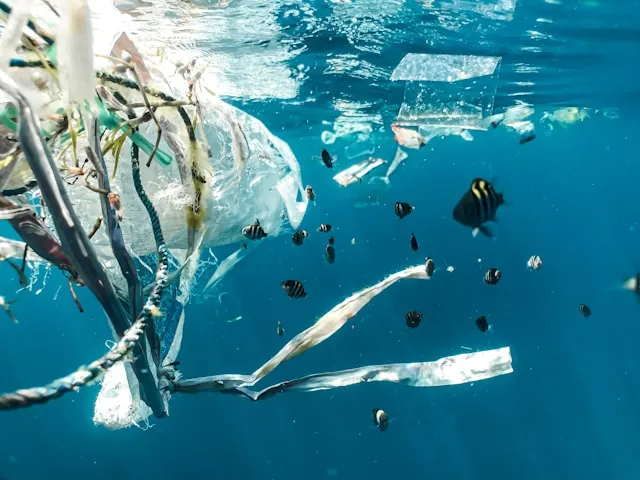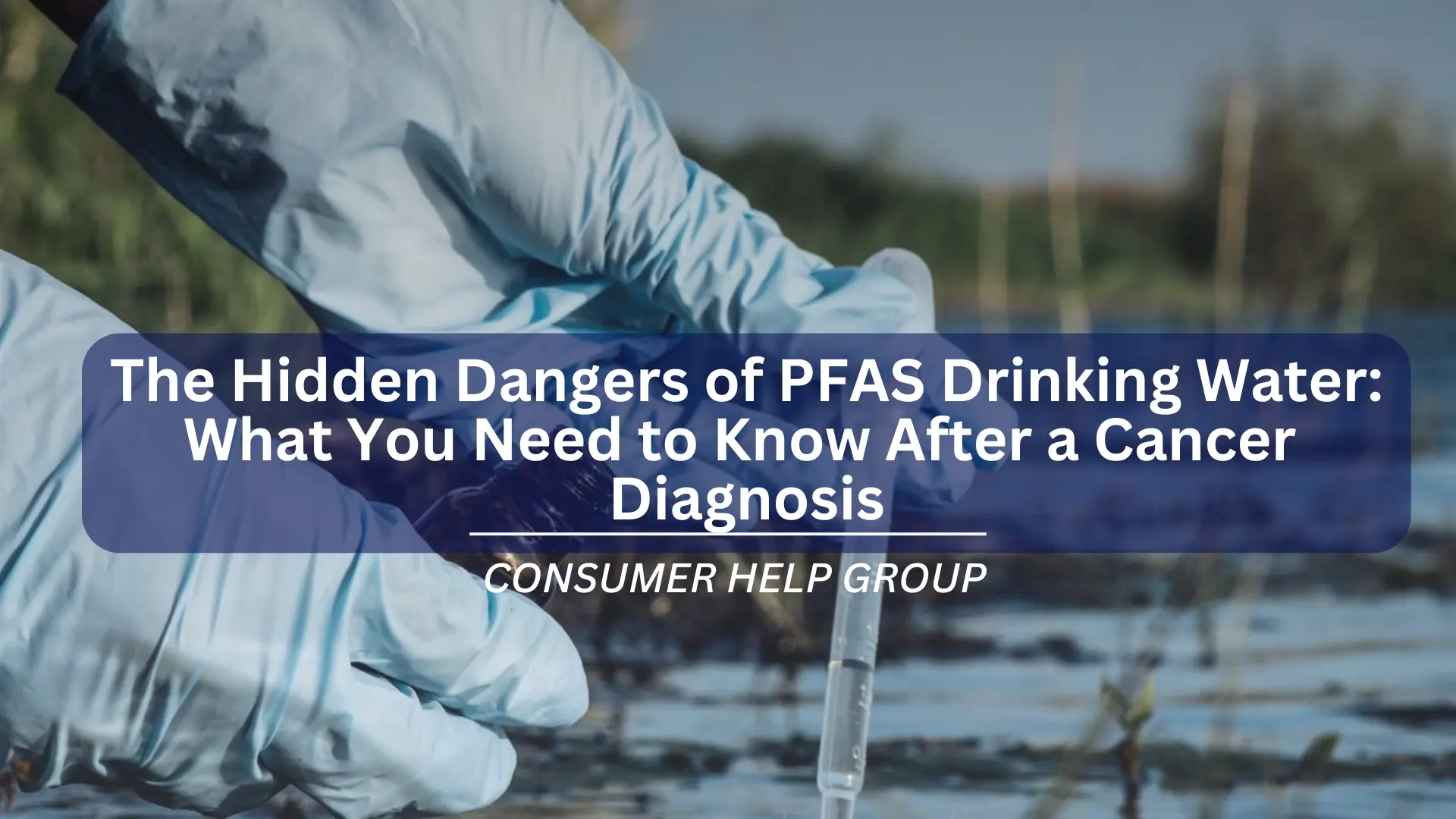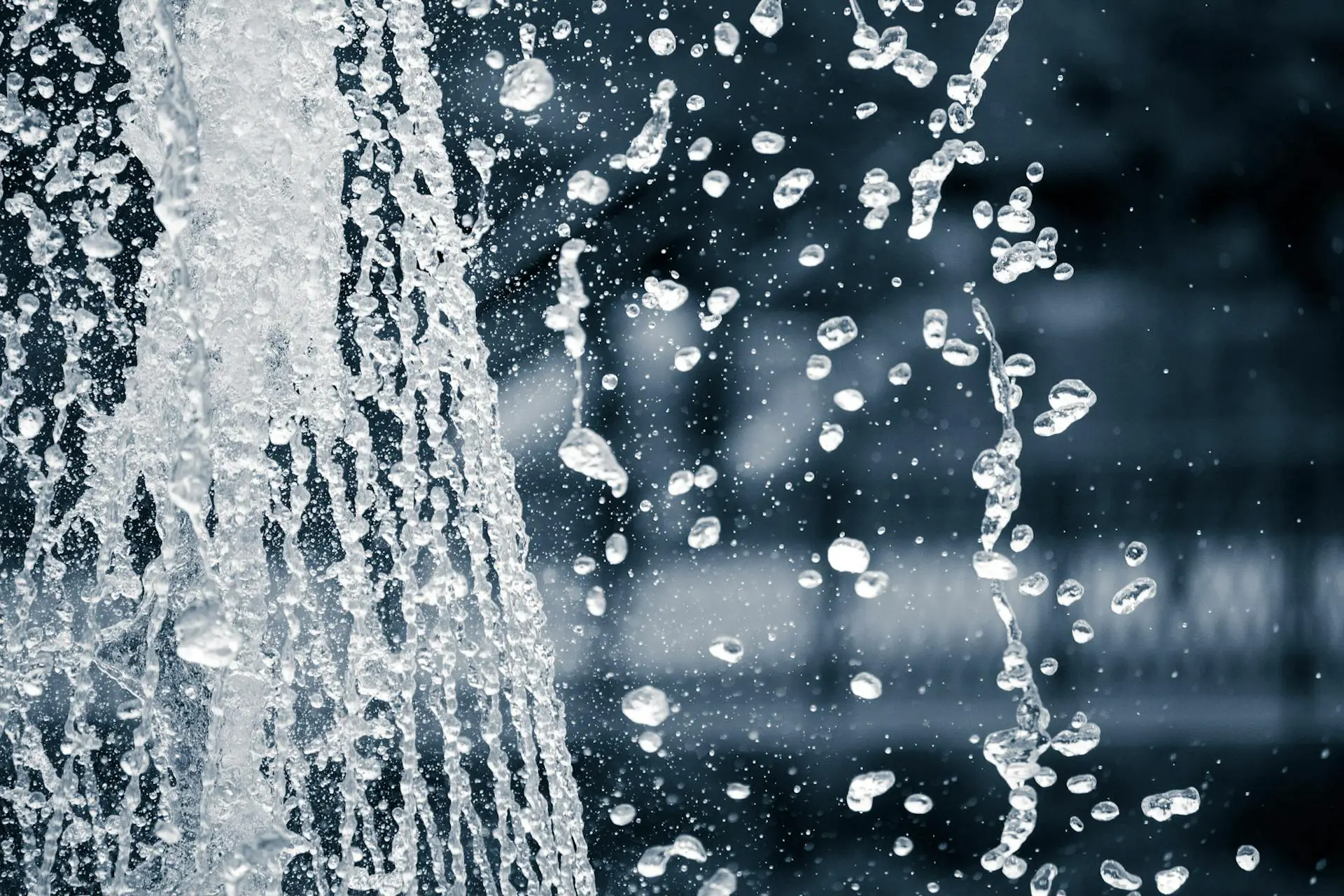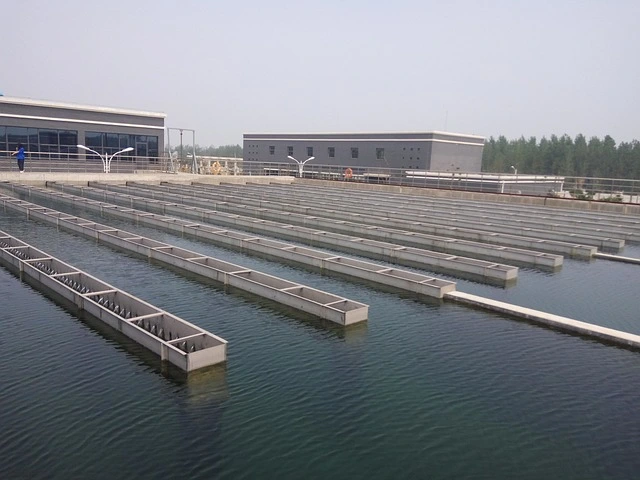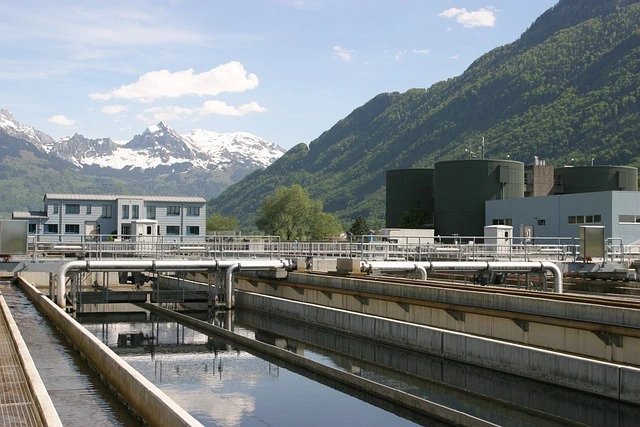Have you thought about what’s in your drinking water? There’s a hidden danger in a lot of places. This is called PFAS, which stands for per- and polyfluoroalkyl substances. People often call them “forever chemicals” since they don’t break down easily.
Let’s talk about what PFAS contamination really is, why it’s important, and what you can do if it affects you.
What is PFAS?
PFAS are man-made chemicals that have been around since the 1940s. You can find them in many products we use every day. These include non-stick pans, stain-proof clothes, and even firefighting foam. Because of all this use, PFAS has made its way into our water and soil. The worst part is that most people don’t even realize they are there.
Why is PFAS an Issue?
PFAS contamination can really be a big deal. These chemicals are linked to serious health problems. Research has found links between PFAS and conditions like:
- Liver cancer
- Kidney cancer
- Testicular cancer
- Ulcerative colitis
Even low levels of PFAS can cause harm. This worries me, especially for communities using contaminated water. Many are suffering without knowing what’s causing their problems.
The Hidden Nature of PFAS
PFAS are sneaky. They often go unnoticed. Water tests don’t always check for these chemicals. Some towns don’t even have the tools to find PFAS. So, residents could be drinking contaminated water and not know it, leading to big health issues later on.
How to Detect PFAS in Your Community
Here’s how you might find out if PFAS is in your water:
- Check Local Water Quality Reports: Most cities put out yearly reports on water safety. Look to see if PFAS levels are listed.
- Test Your Water: If you think there could be contamination, you might want to test your water. Private labs can check for PFAS in your samples.
- Stay Updated: Keep track of community news about water safety. Local governments should share any contamination issues when they arise.
Steps to Take If You’re Affected
If you discover PFAS in your water, act fast. Here’s what you should do:
1. Get Medical Attention
If you feel unwell or have health concerns, see a doctor. Discuss your possible exposure to PFAS with them.
2. Keep Track of Your Health
Document any health issues you might experience. Note your doctor visits and what the doctor says. This info can help if you need legal help later.
3. Connect with Your Neighbors
Talk to people around you. They might also be having health issues. Teaming up can make your case stronger.
4. Speak to a Lawyer
If you think your health is hurting because of PFAS, talking to a lawyer who knows environmental contamination is smart. They can help you understand your options.
Finding Legal Help for PFAS Contamination
Taking legal action seems hard. But you don’t have to go it alone. Here’s how a lawyer can support you:
Identifying Who’s Responsible
A lawyer can help figure out who is responsible for PFAS in your water. It could be chemical companies or local industries.
Proving Exposure and Damage
To win a case, you must show that you have been exposed to PFAS. Your lawyer will collect proof to establish this. They’ll also help you document the harm you have faced from the exposure.
Understanding the Legal Process
Legal stuff can be confusing. An experienced attorney can guide you through every step. They will help you meet deadlines and requirements needed for a case.
Getting Compensation
If you win your case, you might get money for medical bills and damages. This financial help can be really important for you.
Community Actions Against PFAS
Communities can also work together against PFAS contamination. Here’s how they can stand together:
1. Advocate for Testing
People should ask for regular water testing. This will help find contamination quickly and keep everyone safe.
2. Support New Laws
Communities should back stricter rules on PFAS. They can rally together for legislation that makes companies accountable for contamination.
3. Educate Each Other
Sharing info about PFAS can be empowering. Consider having community meetings to talk about PFAS and its dangers.
4. Fund Clean-Up Efforts
Communities should look for funds to clean up and set up filters for PFAS in water. This will greatly help public health.
Wrap-up
PFAS contamination is a quiet threat that can touch anyone. Many face serious health issues but don’t know the reason. Finding PFAS in your water is the first step to safety. From getting medical help to consulting a lawyer, it’s important to move quickly. Just remember, you aren’t alone in this. Communities can join forces and push for safe water and accountability.
FAQs
What health issues tie into PFAS?
PFAS could cause liver cancer, kidney cancer, testicular cancer, and ulcerative colitis.
How can I check for PFAS in my water?
Look for local water quality reports or hire a lab to test your water for PFAS.
Can I take legal action for PFAS contamination?
Yes! If PFAS has harmed you, talking to a lawyer who knows about environmental issues is a good idea.


